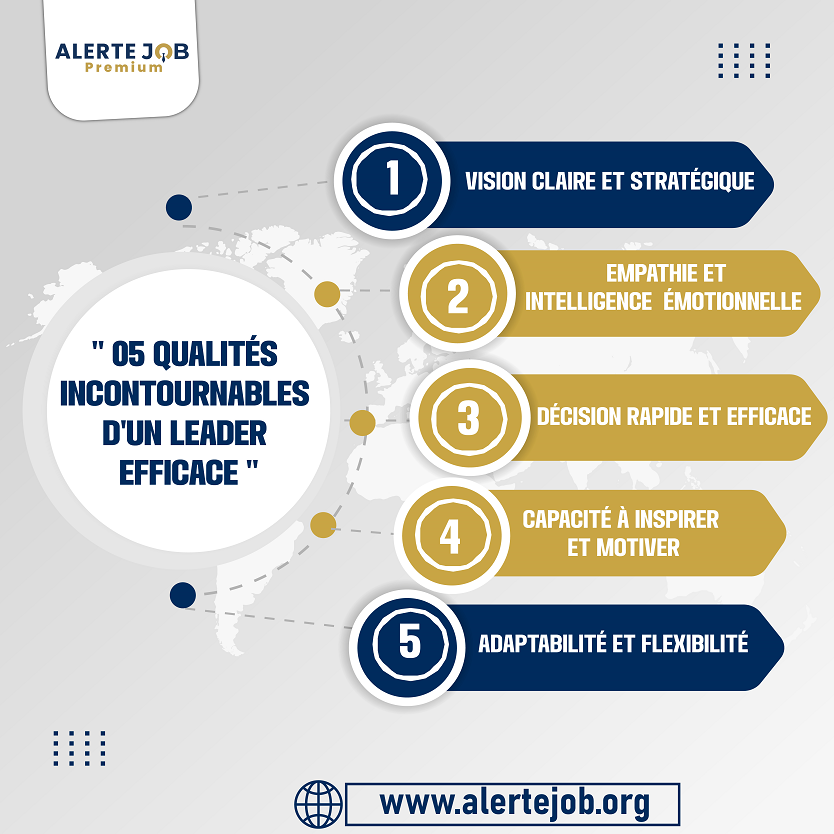CONTINUOUSLY IMPROVE YOUR SKILLS
Continuously improving your skills is essential for career growth and staying competitive in your field. By setting clear goals, seeking feedback, engaging in practical learning experiences, and embracing a lifelong learning mindset, you can enhance your expertise and advance your career.
- Set clear learning goals
Identify what skills you need or want to improve and set specific, measurable goals. This could involve acquiring new skills, enhancing existing ones, or achieving certifications. Clear goals will provide direction and motivation for your learning efforts.
Examples:
- Short-Term Goal: Learn a new software tool relevant to your job within three months.
- Long-Term Goal: Obtain a professional certification in your field within a year.
- Stay updated with industry trends
Regularly read industry publications, blogs, and news to stay informed about the latest trends, technologies, and best practices in your field. This knowledge will help you understand the evolving demands of your industry and identify areas for skill enhancement.
Sources:
- Industry Journals: Subscribe to relevant professional journals or magazines.
- News Websites: Follow industry news on sites like TechCrunch, Harvard Business Review, or others specific to your field.
- Social Media: Join industry groups on LinkedIn or follow thought leaders on Twitter.
- Take online courses and certifications
Leverage online learning platforms to access courses, workshops, and certifications that can enhance your skills. Websites like Coursera, Udemy, LinkedIn Learning, and edX offer a wide range of courses across various fields.
Examples:
- Coursera: Courses from top universities and companies on topics like data science, business, and technology.
- Udemy: Practical courses on programming, design, marketing, and more.
- LinkedIn Learning: Professional development courses and certifications.
- Attend workshops and conferences
Participate in workshops, seminars, and conferences relevant to your field. These events offer opportunities for hands-on learning, networking with industry professionals, and gaining insights from experts.
Tips:
- Workshops: Look for local or online workshops that offer interactive learning experiences.
- Conferences: Attend industry conferences to learn about new trends and technologies.
- Seek feedback and mentorship
Request feedback from supervisors, colleagues, or mentors to identify areas for improvement. Constructive feedback can provide valuable insights into your performance and help you focus on specific areas for development.
Actions:
- Request Feedback: Ask for feedback on your work performance and areas where you can improve.
- Find a Mentor: Seek a mentor who can provide guidance, share experiences, and offer advice on skill development.
- Practice and apply your skills
Apply what you’ve learned through practical experiences. Work on projects, take on new challenges at work, or volunteer for tasks that allow you to practice and refine your skills. Hands-on experience is crucial for solidifying your learning.
Suggestions:
- Work Projects: Apply new skills to your current job tasks or projects.
- Side Projects: Start a personal project or freelance work to practice and showcase your abilities.
- Join professional associations
Become a member of professional associations or industry groups. These organizations often provide resources, networking opportunities, and professional development events that can support your continuous learning.
Examples:
- Industry Associations: Join groups like the American Marketing Association (AMA) or the Project Management Institute (PMI).
- Special Interest Groups: Participate in specialized groups related to your career interests.
- Set aside time for learning
Dedicate regular time for skill development in your schedule. Whether it’s an hour a week or a few minutes daily, consistent learning efforts will help you steadily improve your skills.
Strategies:
- Schedule Learning Time: Block out time in your calendar for reading, courses, or practice.
- Create a Learning Routine: Integrate learning into your daily or weekly routine.
- Reflect and assess your progress
Periodically review your progress and assess your skills. Reflect on what you’ve learned, how you’ve applied it, and what areas still need improvement. Adjust your learning goals and strategies based on your assessment.
Methods:
- Self-Assessment: Regularly evaluate your skills and knowledge against your goals.
- Track Achievements: Keep a record of your completed courses, certifications, and new skills.
- Embrace lifelong learning
Adopt a mindset of lifelong learning and curiosity. Stay open to new ideas, technologies, and methodologies. Embracing continuous learning will help you remain adaptable and proactive in your professional development.
Tips:
- Stay Curious: Always look for opportunities to learn and grow.
- Explore New Areas: Be willing to explore new fields or disciplines that may complement your current skills.




